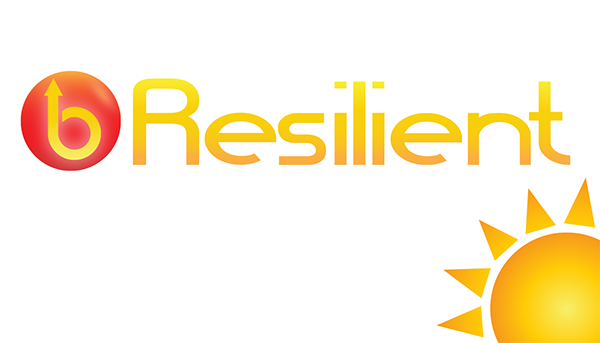
Allison Behne
It started with a loud hum, then difficulty accelerating, and then an inability to accelerate at all. My husband’s car is a 2017 model and when it started acting up, the transmission was the furthest thing from our minds. We took it to a mechanic who rode with us around the block, looked, listened, and believed the problem to be the water pump. He suggested we take it to the purchasing dealer for the warranty work. Before we made it to that appointment, the car started to have more problems, and one day it nearly left us stranded. Fortunately, we were close to the service shop and managed to coast in to have them assess it. This time the mechanic listened, drove the car himself, looked carefully at the insides, and told us he would need to spend more time with it before giving us a call. In the end, it was the transmission, and after time in the shop, it runs like new.
Both mechanics assessed using the information in front of them. However, the problems became more obvious over time so the second mechanic had more information to work with when determining the repair needs. Makes sense . . . The more information a person has about a problem, the better able they are to make a plan for how to solve it. This is important to remember when we are working with children.
When we hold a goal-setting conference with a student, we have a conversation with them and listen to them read, and using what we know about them we determine a plan of action. The student declares a goal and strategy, and we are ready for instruction. Often, this works beautifully and in subsequent conferences the student progresses toward their strategy goal, eventually layering on another strategy.
Sometimes the path forward is not as clear. Subsequent conferences reveal more information and maybe progress isn’t as consistent. In these instances, we act as the second mechanic. We listen a little more closely, ask a few more questions, and dive deeper with instruction. We may find that a different strategy would benefit them first, or that the material they are reading is not a good fit, or even that a shift in the instructional practice we use to teach is just what they need to make progress toward their goal.
It’s an act of try and try again, and we will keep trying until we get it right, because things aren’t always what they seem.
NEW! You asked for it, here it is!
One-day workshop in Chicago—March 28, 2020.
Find out more and register.
*Space limited.
News From The Daily CAFE
One Is a Feast for Mouse: A Thanksgiving Tale by Judy Cox








